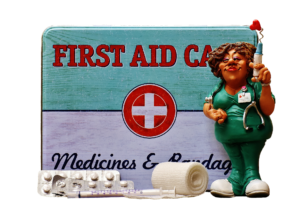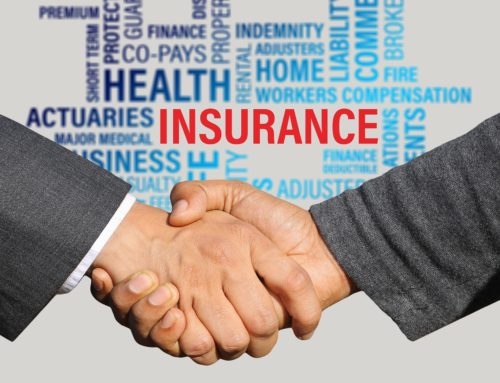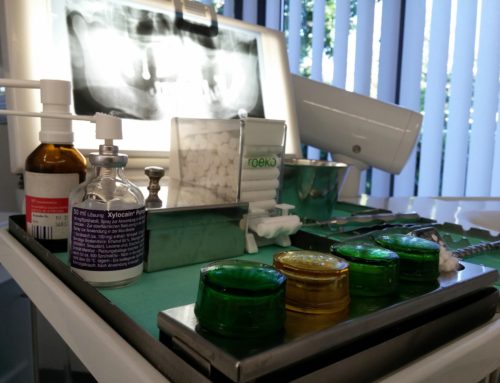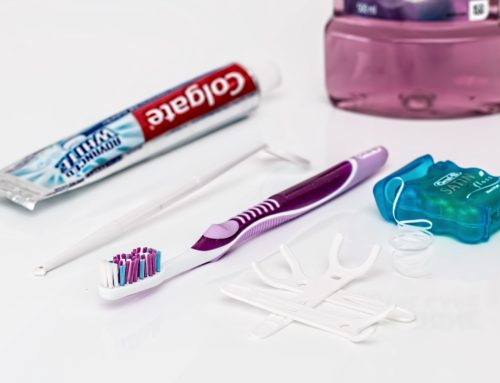 While those in Columbia, MD may see a dental emergency as unlikely, the fact is that one in six Americans have had a dental emergency in the past 12 months.
While those in Columbia, MD may see a dental emergency as unlikely, the fact is that one in six Americans have had a dental emergency in the past 12 months.
Have you had an emergency dental need in the past year? Would you like to avoid seeing an emergency oral surgeon in the next year?
If you’d like to avoid being part of this statistic in the next year, there are very simple steps you can take to avoid a dental emergency.
Strengthen Teeth and Gums Through Oral Care and Diet
Protecting your teeth from damage and decay should be part of your daily routine. Regular brushing and flossing help to remove bacteria and food particles that could weaken your enamel and lead to tooth decay. An anti-bacterial mouthwash is a further step you could take to prevent tooth decay and gum disease.
Diet can also play a large part in your overall tooth health and your risk of a dental emergency. Healthy foods such as lean proteins, nuts, dairy, and vegetables provide your body with the vitamins and minerals needed to keep teeth strong and healthy. In contrast, sugary or acidic foods such as candy and soft drinks can lead to enamel erosion and tooth sensitivity.
Take Care of Dental Crowns and Fillings
According to an emergency care survey, 72% of Americans have fillings, caps or crowns and 23% of all dental emergencies are related to dental crowns or tooth fillings. If you see your dentist for a tooth filling, crown or other dental implants, make sure to carefully follow your dentist’s care instructions following your oral surgery. Most dental implants will only last between 5-20 years. Following proper dental care can extend the life of your fillings, crowns, and caps. Seeing your dentist regularly to verify the health of your fillings, crowns, and caps allows them to replace any worn dental implants before they are at risk of becoming loose or falling out.
Regular Dental Checkups
Unfortunately, the most likely people to need emergency dental are those with no insurance. The survey found that respondents with lower incomes experienced more dental emergencies than those with higher incomes. The fact is, regular dental checkups are the best way to avoid costly emergency tooth extractions or other dental work.
Routine teeth cleaning and checkups allow your dentist to identify potential issues such as loose crowns or fillings. Identifying a cavity while it can be plugged with a tooth filling is the best way to avoid an emergency root canal. Identifying a potential infection early can prevent it from becoming a painful abscess.
Protect Teeth in Daily Life
Maintaining strong, healthy teeth still doesn’t guarantee you will never experience a dental emergency or require emergency dental surgery. Accidents happen. To limit your risk of accidental tooth damage, make sure you always wear a mouthguard during contact sports such as Football, Hockey, and Boxing. Also never use your teeth for anything other than eating. Your teeth should never be used as a replacement for scissors or bottle openers. Finally, hard foods such as popcorn kernels, candy, and fruit cores can all present a risk to your teeth.
Do Not Ignore a Dental Emergency
The most alarming finding from the survey mentioned above is that of the respondents that had a dental emergency, only 67% immediately went to a dentist. Ignoring a toothache is the surest way for it to turn into an emergency toothache. An infection can be easily treated until it turns into an abscess. Don’t wait to seek an emergency oral surgeon if you experience dental pain or think you may have an oral health issue that requires dental care. In most cases, your dentist will allow for emergency walk-ins with no appointment in the case of a dental emergency.
In a future post, we’ll cover some best practices for responding to a dental emergency. Hopefully, you’ll never need that information. By following the steps in this article, you can greatly reduce your risk of a dental emergency and ensure you maintain a happy and healthy smile.
Have any other questions about how to avoid a dental emergency? Feel free to reach out, we’re happy to help!




Leave A Comment